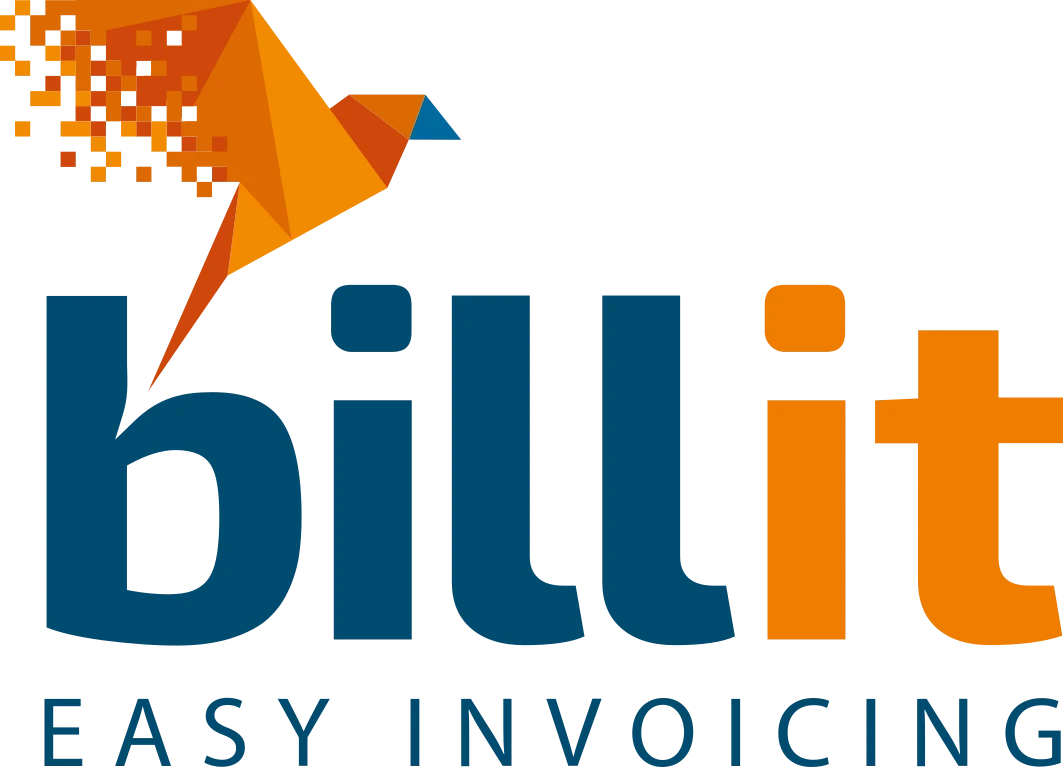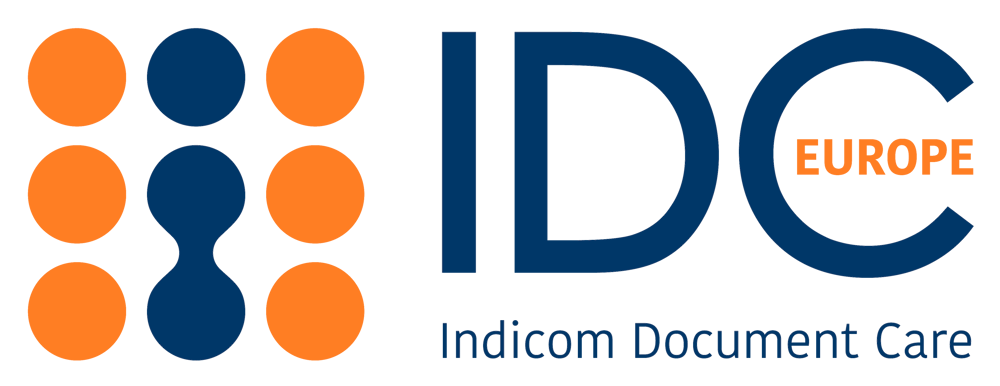The requirement will apply to all Belgian VAT-registered companies for domestic B2B transactions, marking a major step in Europe’s push for standardized invoicing and reporting. A second phase, planned for January 2028, will introduce mandatory e-reporting.
The 2026 B2B e-invoicing mandate: EN 16931 and Peppol
As of January 1, 2026, all Belgian VAT-registered businesses must issue and receive invoices compliant with the EN 16931. This EU standard defines a structured, harmonized way of creating electronic invoices, making them easier to process and exchange across IT systems within the EU and beyond.
Invoices will be exchanged primarily via the Peppol network, using the Peppol BIS 3.0 specification. Peppol is essentially a decentralized & standardized network for transmitting business documents, already widely adopted across Europe and other regions (such as APAC). While companies can mutually agree to use other methods to exchange invoices (provided they comply with EN 16931), all businesses must be ready to use Peppol by default. Its reliability, scalability, and global interoperability capabilities make it the officially recommended option by the Belgian Ministry of Finance (SPF).
All of these rules and details are officially documented in the Federal Law of February 6, 2024 and in the Royal Decree published on July 8, 2025. There is also an official dedicated website maintained by the Ministry of Finance, that includes a comprehensive FAQ.
On the horizon: real-time e-reporting in 2028
The 2026 e-invoicing mandate is only the first step. From January 1, 2028, Belgium plans to introduce mandatory real-time e-reporting for transactions. Under this model, invoices will be sent not only to their intended recipients (the buyers) but also to the Belgium Tax authority, allowing for « Continuous Transaction Controls » (CTC).
This new requirement will again leverage Peppol, operating in a “five-corner” configuration aligned with the EU’s ViDA directive, that aims to streamline VAT reporting and reduce fraud.
Specific details of this upcoming e-reporting obligation, such as the handling of error cases (e.g. the invoice is accepted by the buyer but refused by the tax authority) and whether the scope will extend beyond domestic B2B to international or B2C transactions, will be shared later, likely in 2026, as the law was not voted yet.
Software solutions and financial incentives
To help companies prepare, Belgium has published an indicative list of 350+ e-invoicing software providers. This list is purely informative: businesses are free to use a listed provider, choose another, or build their own Peppol connection.
Additionally, in order to encourage early adoption for SMEs and self-employed people, the government also offers a 120% tax deduction on e-invoicing software purchases, helping businesses offset system upgrade costs.
Practical considerations
Although the B2B e-invoicing mandate deadline is approaching, it remains achievable for companies that start preparing now. The mandate is relatively straightforward compared to more complex systems, such as France’s, meaning businesses can implement it quickly with the right software and processes.
It’s also important to note that B2G transactions are not impacted by the upcoming 2024 and 2026 mandates. Suppliers to public administrations will still need to submit invoices through the government’s Hermes platform, which is fully compatible with Peppol, ensuring continuity in public sector invoicing.
Read more details and refresh your memory in our detailed Belgium Country Profile.





